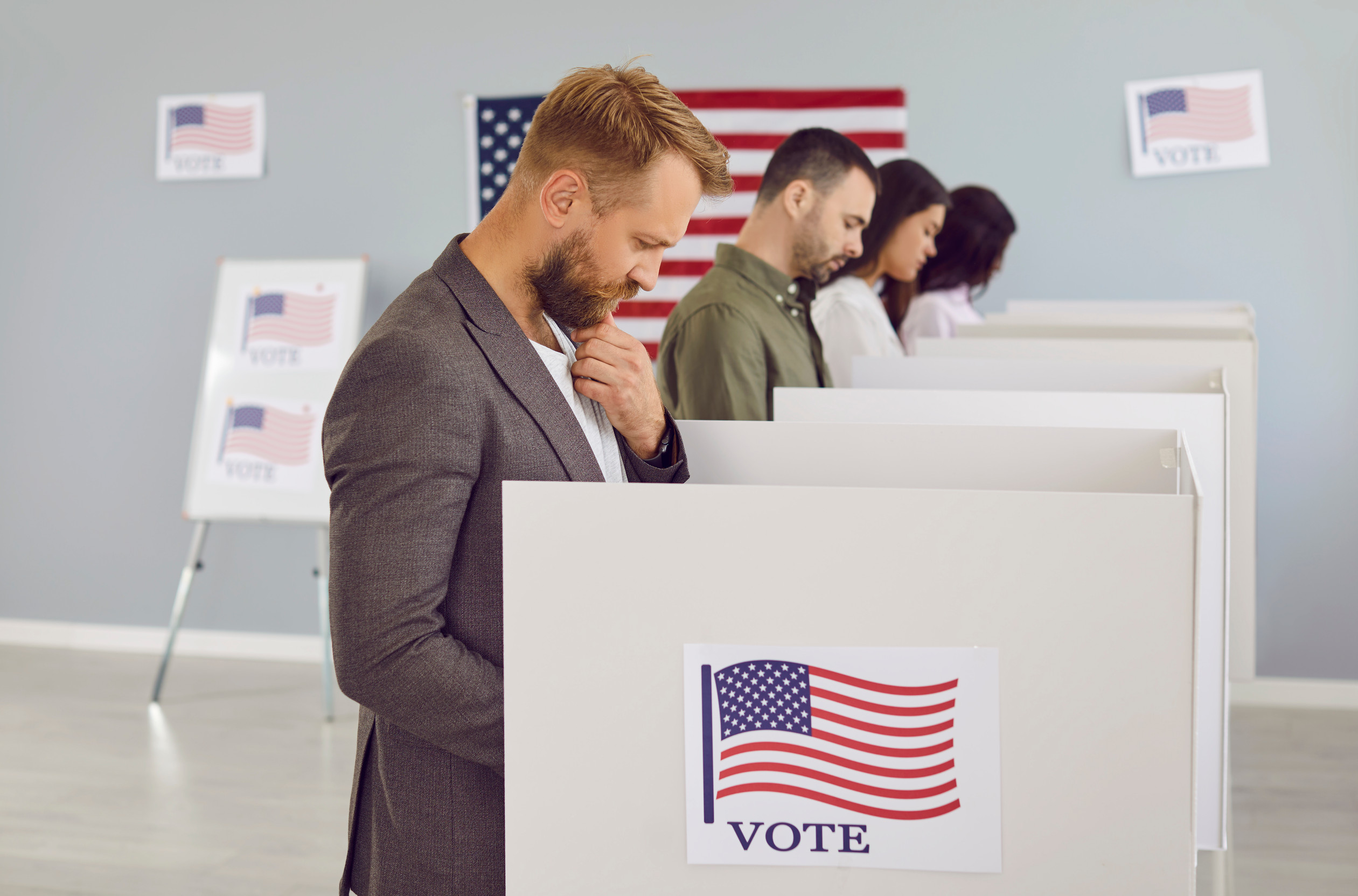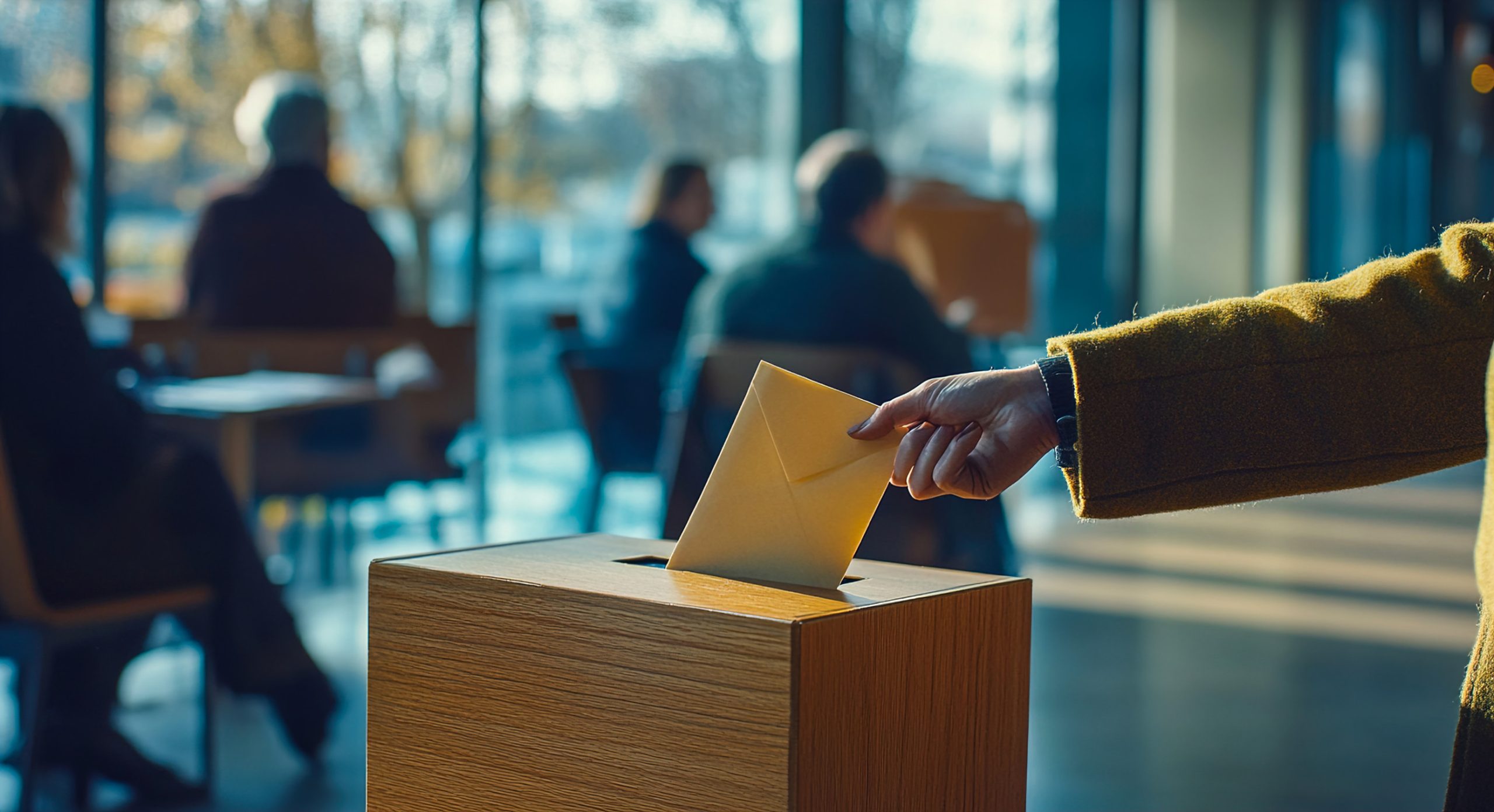
In a nation that prides itself on democracy, the right to vote is often held up as sacred. But over the past several decades, a quieter battle has raged beneath the surface—one that doesn’t always make headlines but carries enormous weight. Laws have been introduced under the guise of “election integrity” or “security,” yet the fine print often tells a different story. The subtlety of these policies is precisely what makes them dangerous.
Without loud alarms or public outrage, these laws quietly erode the foundation of democratic participation.
1. Voter ID Requirements
On the surface, requiring an ID to vote might sound reasonable. But in practice, these laws disproportionately affect low-income communities, elderly voters, and people of color who may not have easy access to government-issued identification. Obtaining an ID often requires underlying documents like birth certificates or passports, which can be costly or time-consuming to retrieve. States that implement strict voter ID laws tend to have higher rates of ballot rejection and voter suppression. Despite evidence of extremely rare voter fraud, these laws continue to expand across multiple states.
2. Purging of Voter Rolls
Every so often, states conduct “maintenance” on their voter registration lists to remove outdated or invalid entries. However, many of these purges end up scrubbing active voters due to errors or overly aggressive practices. In some cases, voters have shown up on Election Day only to find their names missing from the rolls, without warning. This process tends to target people with common names, who are disproportionately African American, Latino, or Asian. When transparency is lacking, voters are left with little recourse once they’ve been quietly removed.
3. Reduction of Early Voting Days
Early voting was designed to ease crowding and offer flexibility, but some states have deliberately cut the number of days or hours available. These cuts often coincide with elections in which minority turnout is expected to be high. For voters working multiple jobs, relying on public transportation, or caregiving, fewer early voting days mean fewer chances to cast a ballot. Long lines and wait times discourage participation, especially in under-resourced neighborhoods. When early voting is slashed, accessibility takes a hit, often in ways that can’t be immediately reversed.
4. Limitations on Mail-In Ballots
The 2020 election spotlighted mail-in voting as a critical lifeline during the pandemic. Yet in the aftermath, many states passed laws tightening rules around who can vote by mail, how ballots are returned, or whether drop boxes can be used at all. These changes disproportionately affect elderly and disabled voters, as well as rural residents who live far from polling places. Strict deadlines and signature-matching rules further create barriers, leading to legitimate ballots being tossed. As mail-in voting becomes more popular, some lawmakers seem more focused on limiting it than improving it.
5. Felony Disenfranchisement Laws
In many states, individuals with felony convictions are stripped of their right to vote—sometimes permanently. Even after serving time and rejoining society, the path to regaining voting rights is often unclear, inconsistent, or completely blocked. These laws have disenfranchised millions of Americans, disproportionately impacting Black and Latino communities. Some states require individuals to pay all court fines and fees before rights are restored, effectively creating a modern-day poll tax. The result is a system where punishment continues long after a sentence ends, silencing millions in the democratic process.

6. Restrictions on Third-Party Registration Drives
Nonprofit organizations and community groups often step in to help register new voters, especially in marginalized communities. However, certain laws have now imposed fines, deadlines, and strict requirements that make it harder for these drives to operate. Some states require volunteers to undergo training or face penalties for small errors, deterring participation altogether. These restrictions hurt efforts to expand the electorate, particularly in communities with low civic engagement. When third-party groups are stifled, it becomes harder to close participation gaps.
7. Closure of Polling Places
Across several states, thousands of polling locations have quietly disappeared, especially in Black, Latino, and rural neighborhoods. Fewer polling places lead to longer travel times, crowded voting centers, and hours-long wait times. The closures are often justified by budget cuts or redistricting, but the burden falls unevenly. Voters in more affluent areas typically experience little disruption, while others struggle just to reach the polls. The strategic removal of polling places is a silent but potent form of disenfranchisement.
8. Banning of Ballot Collection Assistance
Also known as “ballot harvesting” by critics, this refers to the practice of a designated individual delivering multiple ballots, often for family or community members who can’t travel. Laws banning or severely restricting this practice disproportionately affect elderly, disabled, or homebound voters. Native American reservations and rural communities, where mail service is inconsistent, also rely on these methods. Without trusted intermediaries, many voters are effectively shut out. Critics of these laws argue they solve a problem that barely exists while creating many new ones.
9. Aggressive Signature Matching Requirements
Some states require that the signature on a voter’s mail-in ballot match the one on file from years ago. Handwriting can naturally change over time due to age, injury, or disability, leading to legitimate ballots being thrown out. There is often no chance for voters to fix or “cure” mismatched ballots before they are discarded. These requirements are rarely applied evenly and often lack oversight or transparency. Instead of safeguarding elections, they serve to disqualify votes without due process.
10. Criminalization of Minor Voting Errors
A disturbing trend has emerged where voters—particularly those with past felony convictions—are prosecuted for honest mistakes. In some states, individuals have been arrested or fined for voting while unsure of their eligibility, even if they believed in good faith they had the right. These cases create a chilling effect, deterring people from even attempting to register or vote. Fear replaces civic duty, especially among formerly incarcerated citizens and immigrant communities. The criminalization of voting errors sends a dangerous message: that participation can come with punishment.
The Erosion Beneath the Surface
Democracy doesn’t vanish with a bang—it fades through a series of small, almost invisible cuts. Each of these laws might seem minor on its own, but together they form a coordinated pattern of exclusion. The impact falls heaviest on communities already struggling to be heard, further widening the gap in political power and representation. When voting becomes harder, democracy becomes weaker, not just for the affected, but for everyone. This is not just a policy issue; it’s a crisis of democratic values.
What are your thoughts on these voting laws? Have you or someone you know been affected? Add a comment below and join the conversation about protecting the right to vote.
Read More
Here’s What Social Security Will Look Like in 2035
8 Trends Millennials Are Embracing That Boomers Regret Dismissing
The post 10 Voting Laws That Have Silently Stripped Away Rights appeared first on Everybody Loves Your Money.







